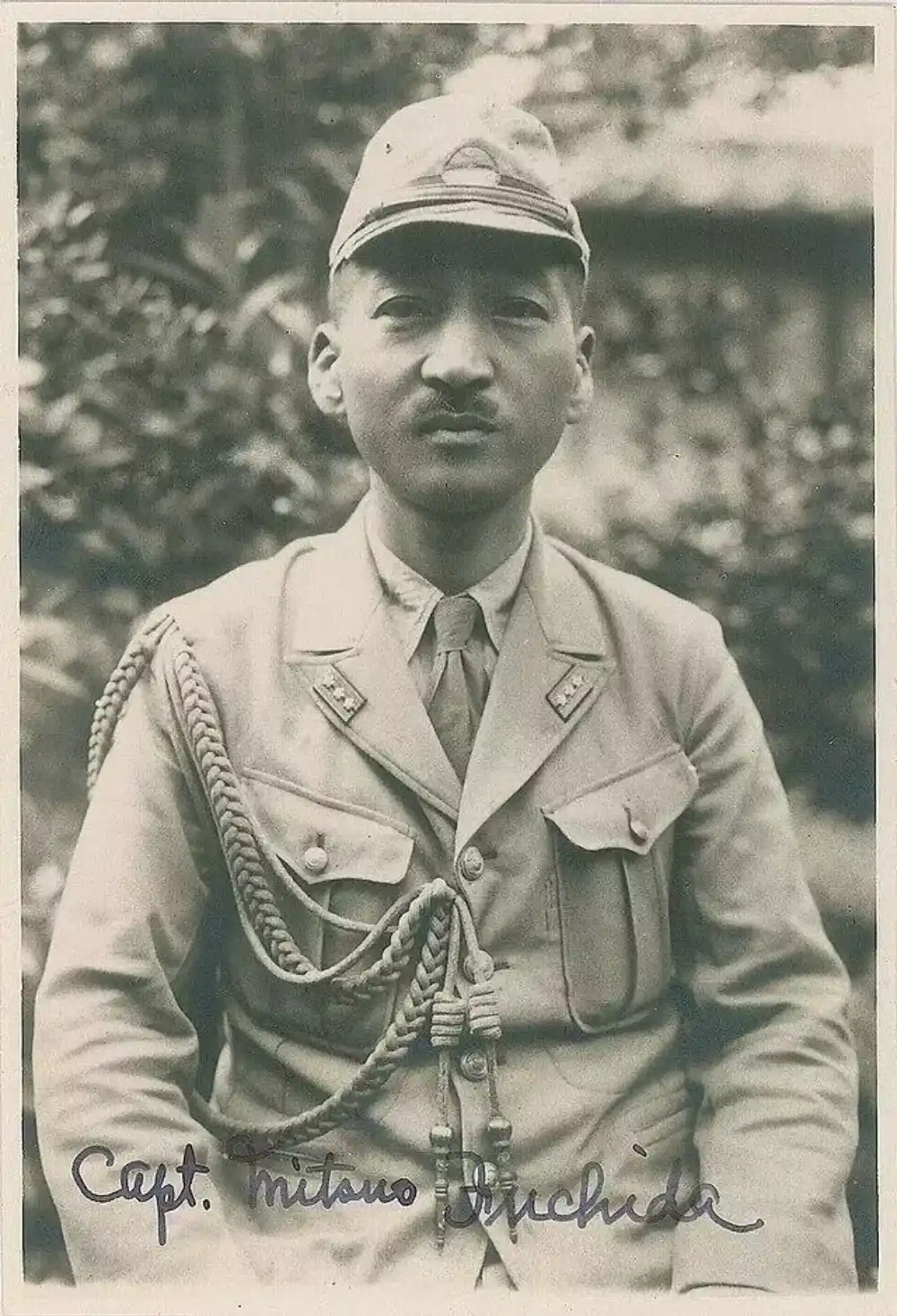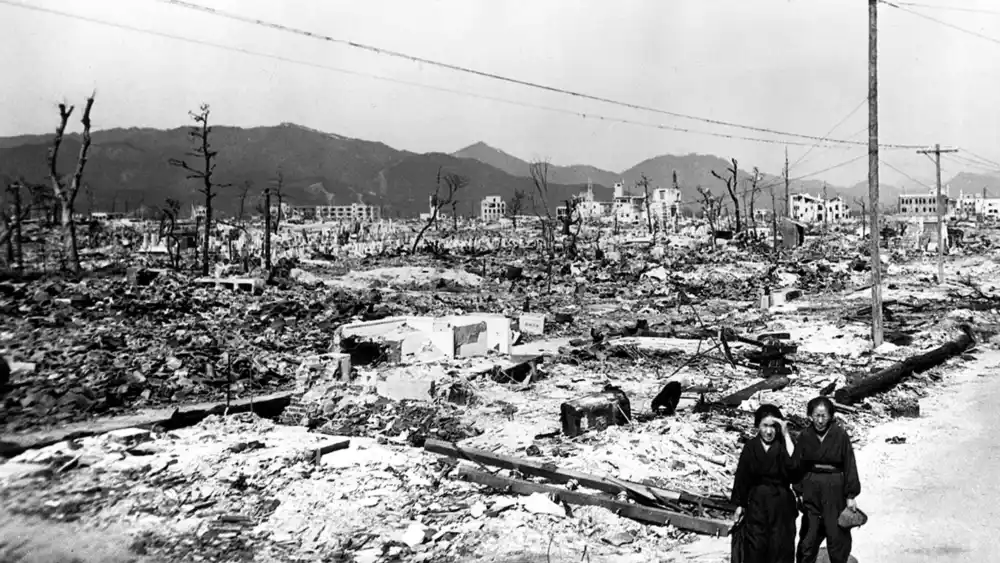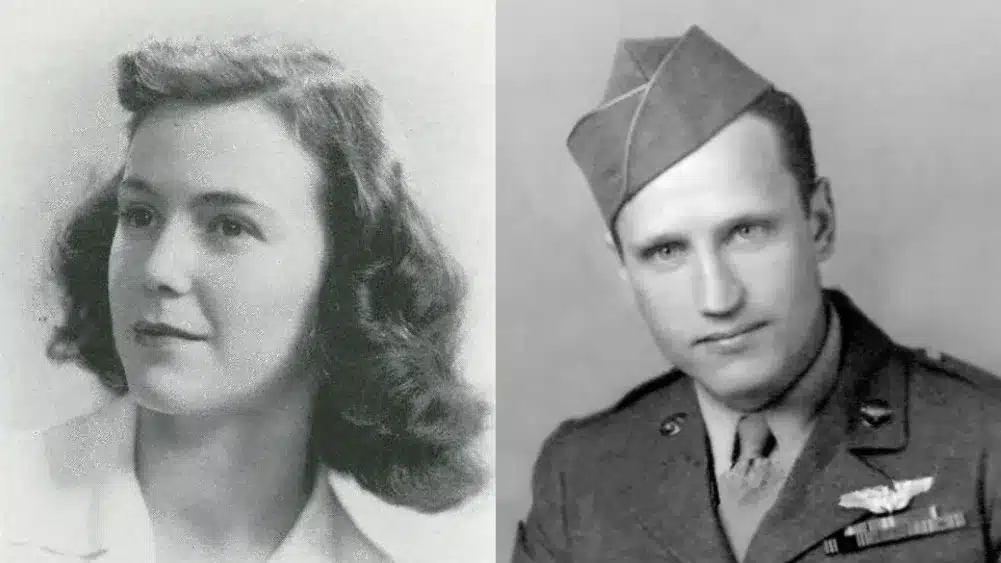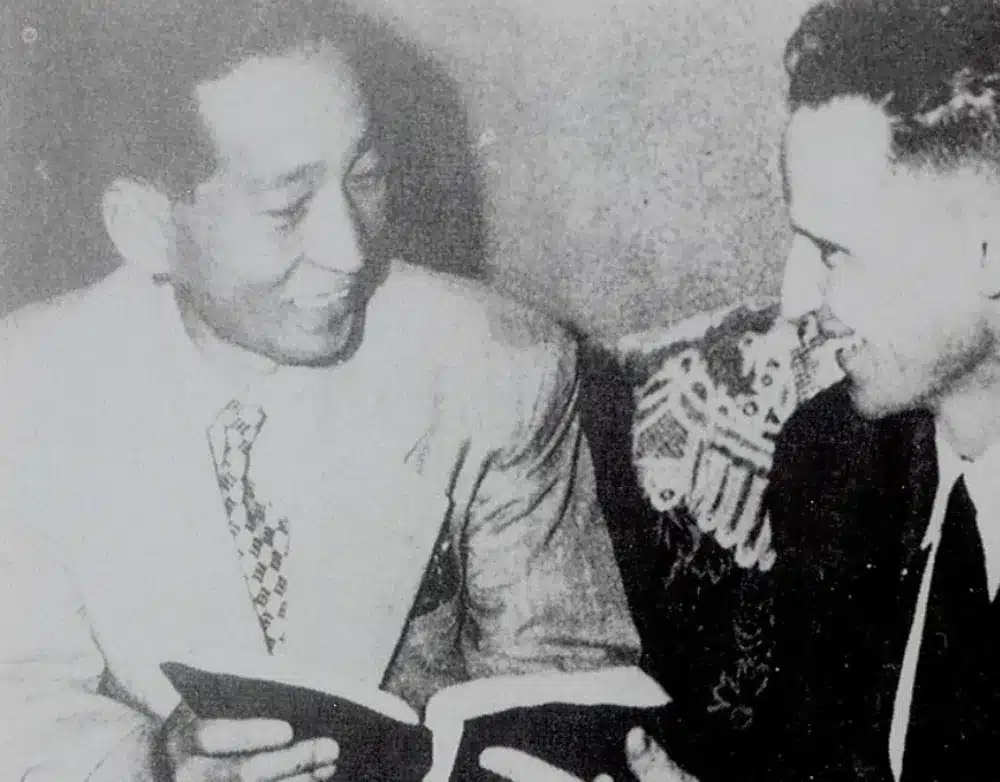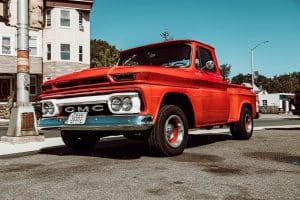A Deadly Surprise
On the morning of December 7, 1941, as the sun rose over Hawaii, Commander Mitsuo Fuchida led more than 180 Japanese aircraft in a surprise assault on the U.S. Pacific Fleet stationed at Pearl Harbor. From high above the harbor, Fuchida radioed a single coded message back to his superiors: “Tora! Tora! Tora!” The phrase signaled complete tactical surprise. The Americans had not seen it coming.
Under Fuchida’s command, bombs fell, torpedoes struck, and ships burned. In just under two hours, more than 2,400 Americans were dead, and the United States had been thrust into World War II. In Japan, Fuchida returned a national hero. He had delivered a masterstroke of military precision, and for the next several years, he remained at the heart of Japan’s war effort.


